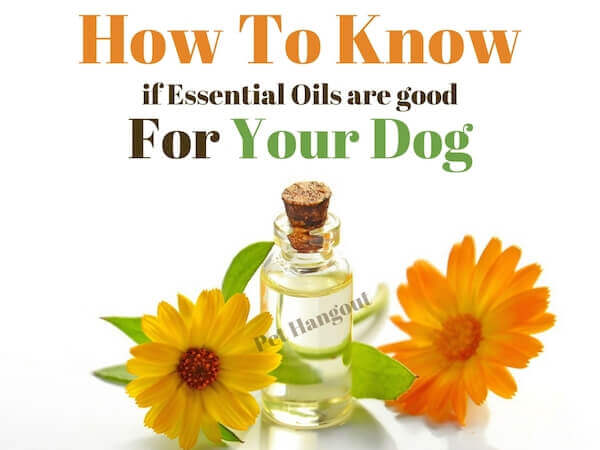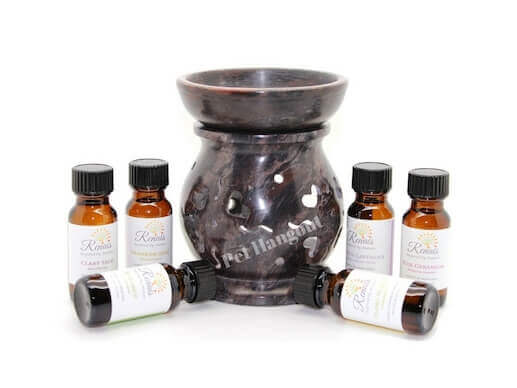Your shopping cart is empty!
MENU
- +
- Pet Lovers +
-
Cool Dogs+
-
Cool Cats+
- Grooming +
-
Health & Safety+
-
Home or Travel+
- +

It’s all the rage! Essential oils
There is an essential oil to cure every ailment out there it seems. You also see essential oils being used in household cleaning products, candles, air fresheners, personal care products, and more!
But do you know if they are safe for your pet?
Amidst the sea of information and sometimes, yes, misinformation, I want to encourage you to arm yourself with solid information that will help keep your pet safe and happy around essential oils.
What exactly is an essential oil anyway?
Essentialoilhaven.com says, “Essential oils are the highly concentrated version of the natural oils in plants.”

Extracting the oils from a plant is done with a process called distillation. Normally, water or steam along with parts of the plants, including the root, stem, and flowers, are used. The result is a highly concentrated amount of the essential oil. The oil has the same fragrance and healing properties that the plant itself carries. These oils have been used as early as 4500 B.C. for their medicinal benefits.
In current times, many people rely on essential oils to help them with health issues like anxiety, depression, sinus infections, menopause, tight muscles, and more. Some veterinarians are even incorporating lavender into towels and exam rooms to calm their anxious patients.
So, are essential oils safe for your pet?
This is a loaded question at best. Have you ever heard that "too much of a good thing can be bad for you"? Well, it’s no different for essential oils and your pet.
You should:

Which oils can I use?
7 Essential Oils that are considered generally safe for your dog:



Some Oils to avoid for all animals:

If your pet gets an overdose of an essential oil, it could become toxic to them and make them sick.
Some symptoms that may occur:

If you suspect that your pet is sick due to exposure to an essential oil, you should take them to a vet right away. You will also want to take the essential oil(s) that they were exposed to so that your vet will know exactly how to help your pet.
Essential oils can have awesome health benefits for both you and your pet. But it's important for you to educate yourself on which oils can safely be used with your pet and which oils to avoid. You should also pay close attention to diluting the oil the proper way so that you do not overexpose your pet and make them sick.
Have you used essential oils to help your pet? We would love to hear what works for you and your pet.
Comment below!...
(We always strive to provide meaningful content to help your pet! You might enjoy these reads too: How to Exploit Helpless Animals for more Pathetic Pleasure, Chloe Will Steal Your Heart with her Amazing Smile, 7 Sensational Reasons to Live with a Loving Dog, and How to Organize Your Pet like a Proven Pro.)
...and would you kindly click Pet Hangout's LIKE box to help us grow?